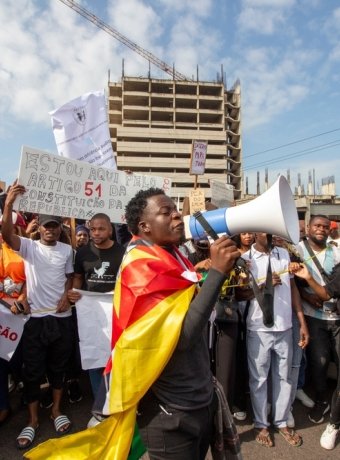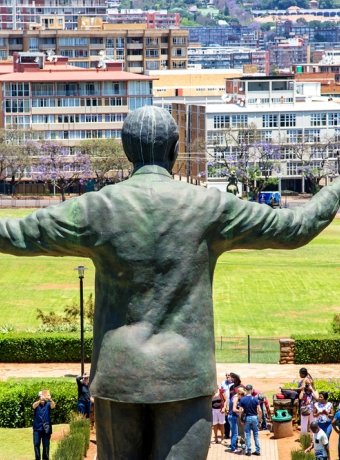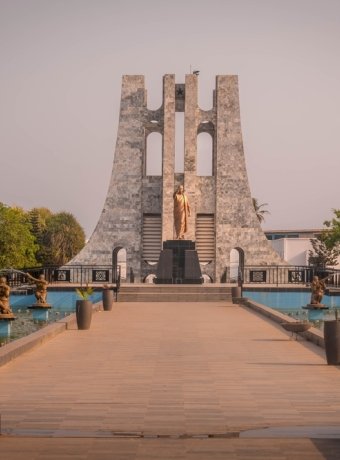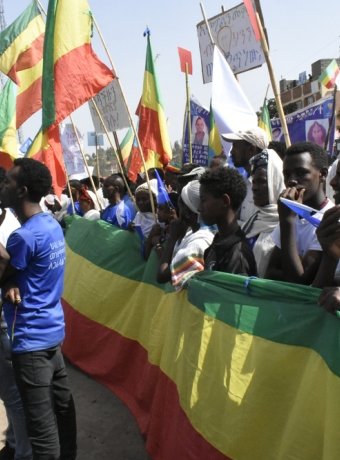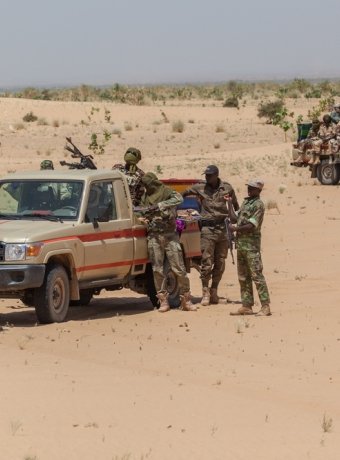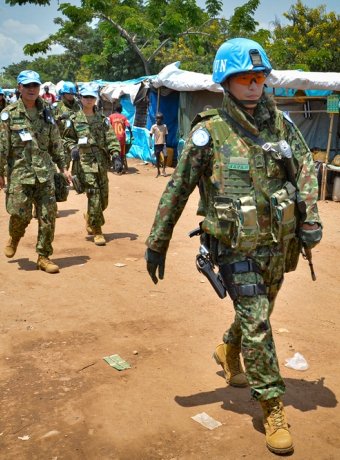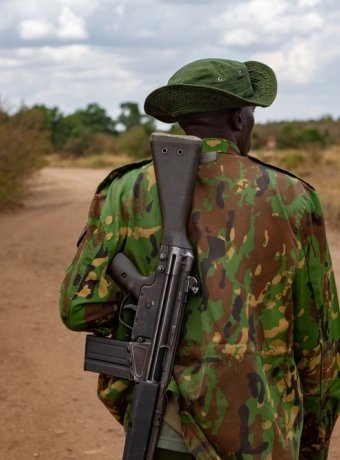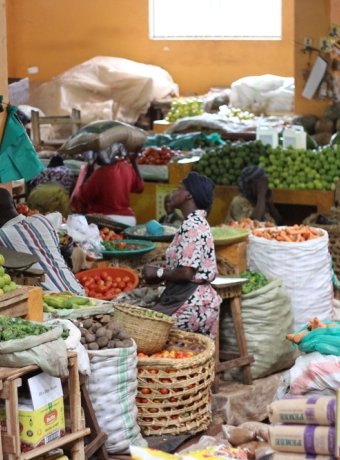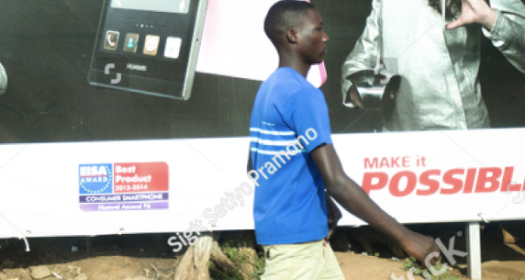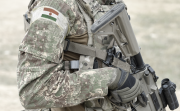Southern Voices Network for Peacebuilding Publications
Southern Voices Network for Peacebuilding Scholars produce best-in-class policy analysis through research papers, policy briefs, papers, and posts on the Africa Program blog, Africa Up Close.
SVNP Alumni Series
In 2024, the Africa Program partnered with eight SVNP alumni to produce a series of policy briefs on security, governance, and democracy issues on the African continent. Browse the collection here.
Latifah Namutebi was a Southern Voices Network for Peacebuilding scholar at the Wilson Center in fall 2024. Read her research paper and policy brief from her time with the Africa Program below, and be sure to check out her event on social media and democracy in Uganda.
Recent Blog Posts
Learn More
Posted date/time:
